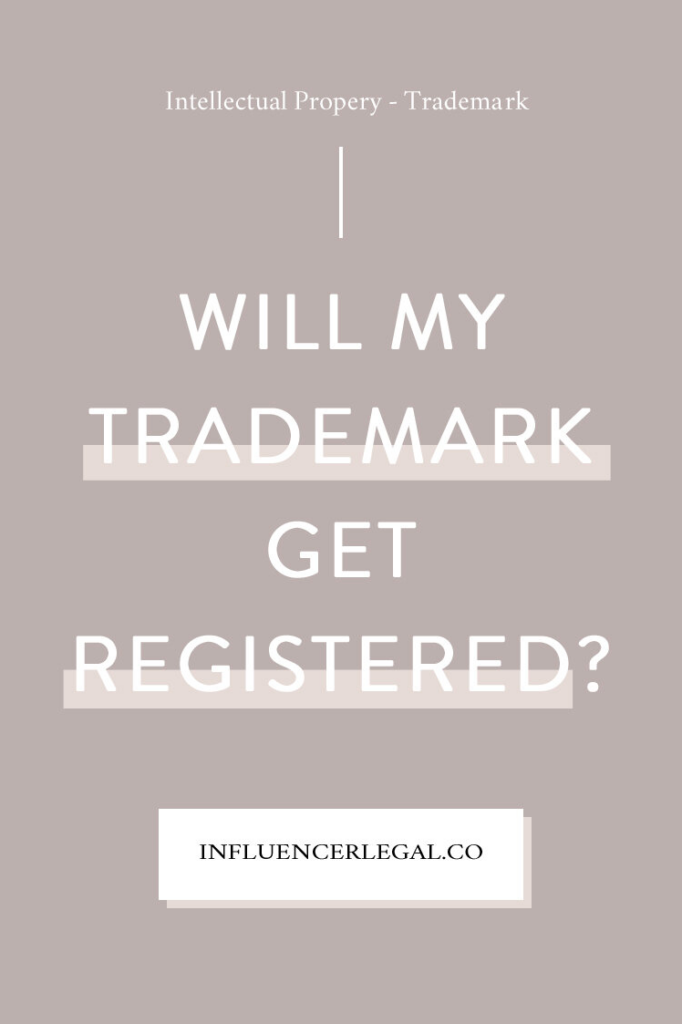When you are ready to invest in protecting your business, trademarking is one of the most important and valuable things you can do. But the big question is, after spending the time and money to file your trademark application, is “will my trademark actually get registered?”
Although there is no way to answer this as the USPTO takes and examines every application on a case by case basis, they do use a sliding scale to determine the strength of your proposed mark.

Here is the scale, weakest to strongest.
- Generic: These are common, everyday names used to determine what they are. If the term you are willing to protect can answer the question: “What are you?” it is generic and cannot be registered as a trademark. For example, to use the words iced coffee as a name for your new iced coffee, it will not be granted trademark protection as it is generic and can answer the question “what are you.” Outcome: Do not attempt to register this mark as the USPTO will not grant trademarks to generic terms.
- Descriptive: A descriptive mark immediately identifies the characteristic or quality of a goods or service. It merely describes the goods or service but doesn’t identify or distinguish the goods or services. For example, a descriptive term would be “delicious donuts” for a donut shop. Usually descriptive terms do not get trademark protection unless they have gained secondary meaning through its use where prospective consumers have come to perceive it as a designation that identifies goods, services, etc. Outcome: Weak – descriptive trademarks are harder to get but not unheard of.
- Suggestive: A suggestive mark will suggest qualities and characteristics of goods and services without actually describing them. The USPTO examining attorney will use an imagination test to see if they mark is suggestive. For example, the brand Coppertone would be a suggestive mark because you would have to use some imagination to determine you will get coppertone skin from using Coppertone sunscreen. Outcome: Suggestive marks are stronger on the scale and usually can/will gain trademark protection.
- Arbitrary: These are words that exist in the English language but don’t apply to a specific product and have no relation to the product. For example Google, Uber, Twitter, these are all words in the English language but are used in connection with goods and services that have nothing to do with the actual meaning of the word. Outcome: These are the strongest types of marks on the trademark scale.
We can never say whether a trademark will get approved and registered by the USPTO as the examining attorney will examine each application on a case by case basis. However, this is a good guideline and something to think about when you are starting to consider whether or not to register your trademark.
Ready to get started with your trademark or want to ask me some questions? Feel free to schedule your free 15 minute legal insight call now.
READ & LEAVE A COMMENT
SHARE